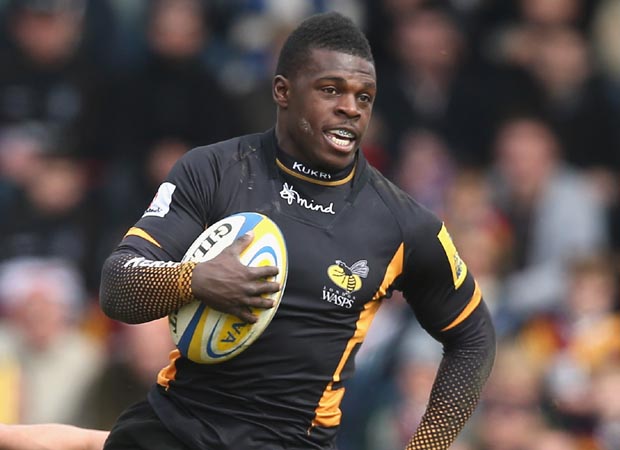
 Christian Wade knows it’s all about being in the right place at the right time. It is the golden rule of the finisher’s trade, and Wade, who is arguably the most electric strike runner in the Northern Hemisphere since Jason Robinson hung up his boots, is raring to go with the new season imminent, eager to prove that he is as lethal as he was before being sidelined for most of last season with a foot ligament rupture.
Christian Wade knows it’s all about being in the right place at the right time. It is the golden rule of the finisher’s trade, and Wade, who is arguably the most electric strike runner in the Northern Hemisphere since Jason Robinson hung up his boots, is raring to go with the new season imminent, eager to prove that he is as lethal as he was before being sidelined for most of last season with a foot ligament rupture.
Wade and Robinson are kindred spirits. They are small but explosively powerful men blessed with super fast-twitch muscle fibres which give them extraordinary acceleration and agility, as well as top of the dial sprinting speed, making even the most athletically gifted of their team-mates seem like mere mortals.
Before the start of last season’s Six Nations campaign Stuart Lancaster said that one of his biggest disappointments was that two of England’s most promising wings, Wade and Marland Yarde, were ruled out of contention by injury. However, where Yarde was able to press his case on the recent summer tour of New Zealand – and did so strongly by scoring two tries against the All Blacks – Wade has just one cap, making his England debut against Argentina in Salta the previous summer before getting a late call to join the 2013 Lions in Australia.
The England head coach had good reason to regret Wade’s absence in New Zealand. His side either lacked the raw pace to frighten the All Blacks, or they lacked the self-belief to back themselves in a sprint. The Wasps wing does not have either shortcoming. For instance, ask Wade if he would have scored just before half-time in the second Test in Dunedin from the 70 metre break-out chance that fell to centre-cum-wing Manu Tuilagi, and the answer is immediate, but confident rather than cocky.
“Yes – I would have backed myself to make it. I am not sure that Manu went for it as he did when he scored (from long range) against France in 2012. This time he hesitated a bit and looked for support, whereas in that French game he was going for it flat-out.”
No-one who saw the high-voltage havoc Wade unleashed on Harlequins in the 2012 Twickenham double-header – and on umpteen occasions subsequently – would question his credentials to have put New Zealand’s saviour, Ben Smith, a couple of metres out of the cover-tackle equation.
It was another of those nearly moments that Lancaster’s England are making a habit of, because at 17-3 adrift going into the second-half even the All Blacks would have found a comeback a tall order. Instead, immediately after Tuilagi was overhauled by Smith, the All Blacks kicked a penalty to make it 10-6 at the interval.
Such game-changing moments will no doubt be part of the review Lancaster and his coaches will conduct with the England squad during their meeting at Loughborough University over the course of this weekend.
Wade will be present, as he has been for previous EPS review meetings despite his lay-off since December with a Lisfancs foot injury. He says that staying involved with the England camp, and with his Wasps team-mates, has been essential to his rehabilitation.
“It’s massive knowing that you are kept in the EPS and that you are not a forgotten man – it’s great for morale.”
Wade, has just returned from a five day Wasps training camp in the Algarve – “four or five sessions a day” – and says he is fully fit. When he reflects on his road to recovery you realise that the upbeat message he puts out is laced with relief.
“I had a full ligament rupture where it came away from the bone in the middle of the foot. It required two operations to reattach the ligament to the bone with two screws. I spent three months on crutches before starting the rehab process.
“After that I was in at 9am most mornings at Wasps to see the physios, usually from one to two hours. It helps when you go and see the boys and there’s some banter, and then on match days for home games you have to be in attendance as an injured player.”
The 23-year-old says that the away play-off win over Stade Francais which secured Wasps the last European Champions Cup place was a huge boon. “I watched the game in Paris on TV, and it was a great team performance. It gives most of us the chance to play in the top competition for the first time – and having Leinster, Castres and Quins in our pool is a big challenge.”
He says of his time on the sidelines: “Generally I’m pretty good at watching, and it helps when you know that you are not going to be back playing for a while. However, for ‘The Stinger’ against Gloucester I really wanted to be out there for such a massive event at Twickenham. It hit me not being able to run out.”
So, what did he glean from watching England in the Six Nations and in New Zealand?
“I was 100 per cent encouraged by the Six Nations. We’ve taken massive strides forward in attack. It’s something we wanted to expand on, and the wings got a lot more ball this time with Mike Brown also getting plenty of tries. Hopefully, I can get back in and get some of that wide ball and show what I can do.”
Wade says that from a winger’s perspective the lessons from New Zealand were straightforward: “Wings want to be released in space, or with a one-on-one. If teams can get it right and manipulate defences to create space then you can do plenty of damage. New Zealand are top-class at it – if they make a line-break they score. It is to do with the lines they run, which are very direct, and the quality of their passing. All of it is 100 per cent accurate.”
He notes, “That’s where we need to get to as England. We created opportunities but in the games against New Zealand we were still not finishing them off – that’s the biggest goal for England, Wasps, and me.”
However, Wade says that re-establishing himself at Wasps is no forgone conclusion, given the number of changes to the squad and the need to gel quickly, as well as the increased level of backline competition with himself, Tom Varndell, Will Helu, Josh Bassett, and new signings Rob Miller and Samoan international Alapati Leiua all pitching for starting roles.
“There are now three players going for each wing position, so we will push each other. It’s going to be pretty tough with 13 leaving and 12 coming in, but we’ve still got the core of the squad, and looking at at the pre-season work the guys are in good shape. The times when we didn’t gel last season were down to concentration and perhaps skill levels. We created so many opportunities, but we did not finish them, and a lot of our losing bonus points were by such small margins.”
He adds: “Passing is one area where we need to improve in attack, such as when there are two on ones and three on twos, and making the right decision as to whether to pass it through the hands or throw a miss pass.”
Nailing it down at Test level has been elusive for Wade. When Lancaster had a window of opportunity to revamp a blunt backline by playing the Wasps wing against Italy in the 2013 Six Nations he hesitated – and by the time he was unleashed against the Pumas it was on the back of the crushing Grand Slam defeat in Cardiff.
The Lions trip was also a mixed blessing, despite Wade being thrilled to get the call from Australia. Listening to his account of events leading up to his debut against the Brumbies, it is not surprising that at times, especially in defence – where he missed a try-stopping tackle on Tevita Kuridrani – he looked part of a Lions backline that was sleep-walking. In his case, he was.
“I flew out by myself on the afternoon of the second Test against Argentina. It was a really strange experience because I left the team hotel for the airport half an hour after the boys had left for the match. I tried to watch the game at the airport but there was nowhere it was on, and I didn’t find out the result until I landed.
“It was a 19-hour journey to Australia involving three different flights. When I got off the plane in Sydney I was shipped straight into the team against the Brumbies, and had to attend a Press conference. Then there was another short plane journey to Canberra for the match. We had very little preparation, and the Brumbies are difficult opponents. So, given the circumstances, our backs were up against the wall.
“My body clock was all over the place. I didn’t sleep too much on the flights, although they gave me guidelines as to which flights I should sleep on, and by the time I got to Canberra I was shattered. I woke up a few times in the night prior to the match, and overall it was not the best preparation.”
However, if Wade’s miss on the 6ft 5ins Kuridrani raised question marks over his defence, as such things do in high profile games, he says it was the exception, not the rule.
“Attack comes naturally being quick, so I work hard on defensive duties. Tackling a big guy you must get your body in the right position. If you lead with your arms it is easy to be brushed off so foot placement is key. You need to get your feet close, hit the carrier in around in the knee, and lead with your head, because your body follows, drive through the legs and hit with your shoulder. If the tackle is front-on you just have to take the hit, latch on and make sure they come down even if they get forward momentum.”
Whether in attack or defence Wade wants to make his mark over the next two years, especially as previous England Sevens experience makes him a natural candidate for the GB squad at the Rio Olympics. However, he says his first priority is fifteens and the 2015 World Cup.
“The first focus for me is to be involved in the 2015 World Cup, but going to the Rio Sevens would be awesome, if I was eligible. I definitely have a point to prove after missing the whole of last season – and I have to make up for that lost time. I need to get back to where I was. First I have to get back into the Wasps starting team.”
If club level is where it starts it is unlikely to be where it finishes, because Wade has the look of a wing who is starting his run in the right place at the right time.
*This article was first published in The Rugby Paper on August 10.

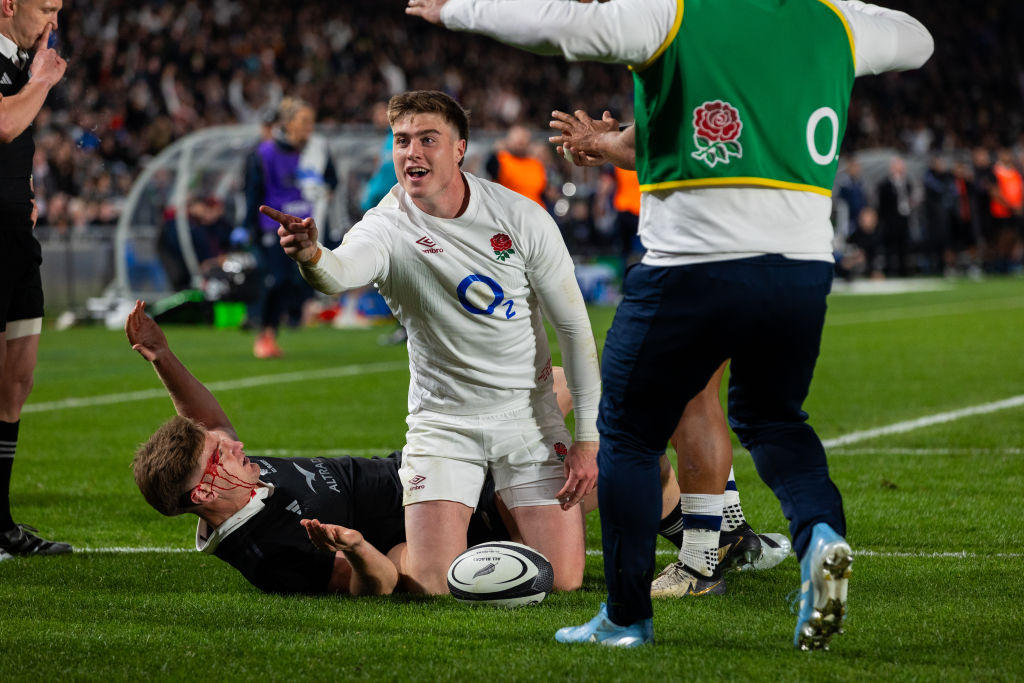
British and Irish Lions
From Leicester reject to a British and Irish Lion: Tommy Freeman’s stellar rise
Latest News
Steve Diamond: Franchise league a good idea

International Rugby
Touring Japan with Wales is my goal says Dan Edwards

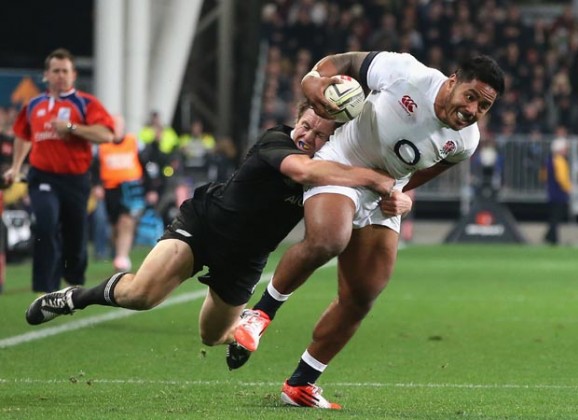
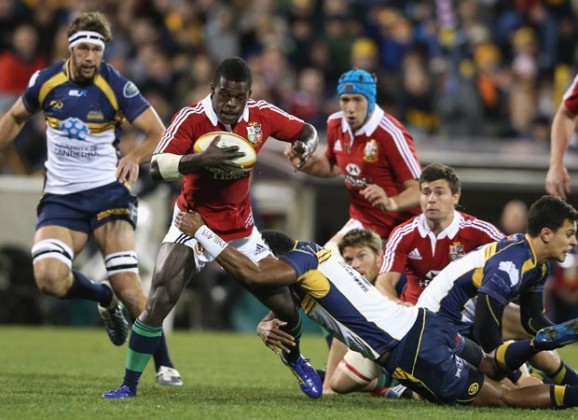
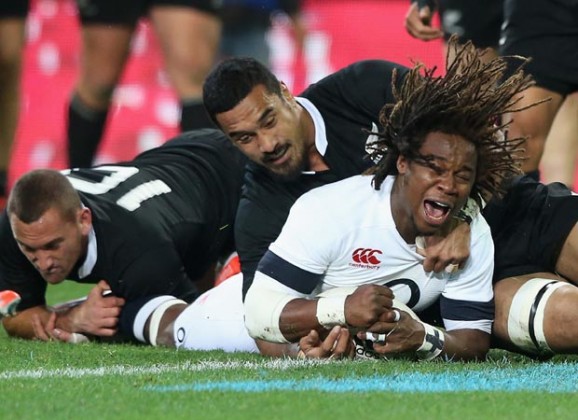















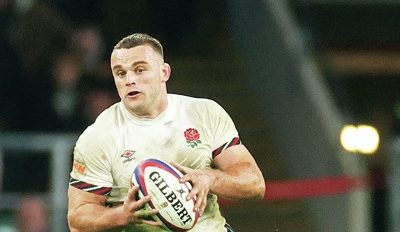

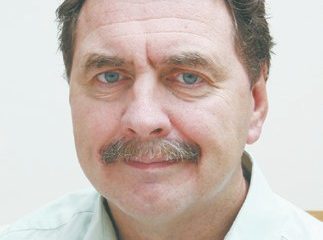

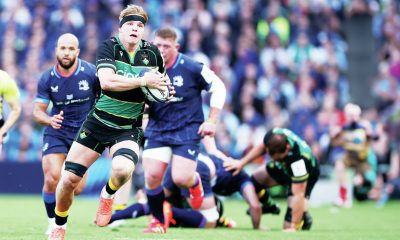

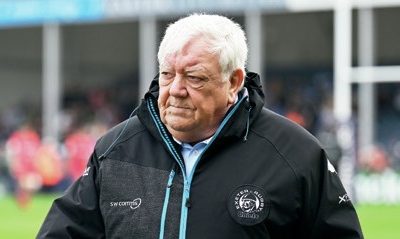

You must be logged in to post a comment Login